iQPS (TYO: 5595), once the mighty darling of Japan’s new space industry, again announces negative news to shareholders. After two commercial SAR satellites failed in-orbit in 2024 (previously covered here and here), iQPS on January 14, 2025 reported 2025 Q2 financial results (for the quarter ending November 30, 2024) and provided new financial forecasts. The new forecasts present high costs and lower profits than prior models. Having maxed out draws on its commercial loan, iQPS also announced needing more capital. iQPS will sell new stock, offering of up to 9.2 million shares, representing approximately 25% dilution to existing shareholders.
iQPS reported a 175 million yen profit in Q2, on 894 million yen revenue. Both these surpassed the company’s previous business forecasts. However, the company’s debt rose significantly, increasing from 2.8 billion yen to 5.3 billion yen.
iQPS now alerts investors that a Japanese government defense project has delayed. The result is delayed revenue. Additionally, iQPS projects costs related to the new stock offering to eat into profit. Resultingly, iQPS revised downward its FY 2025 forecast, slashing revenue, operating profit, and net profit. iQPS now forecasts annual revenue totaling 2.85 billion yen ($18.3m) in FY2025. iQPS stock retreated, losing 23.5% across the following two trading days.
Under the terms of the new stock offering, iQPS will sell 92,800 stock acquisition rights at 343 yen each ($2.20) to SMBC Nikko Securities Inc. Each right gives SMBC Nikko option to purchase 100 shares at a strike price set to 92% of the prior days volume-weighted average price. If all rights are sold and exercise at current level, iQPS stands to raise about 7.7 billion yen ($49.2m), before costs. iQPS previously reported the cost to build and launch one satellite is about 1 billion yen. So 7.7 billion yen is roughly enough to fund 7 more satellites. iQPS has launched eight satellites since 2019.
